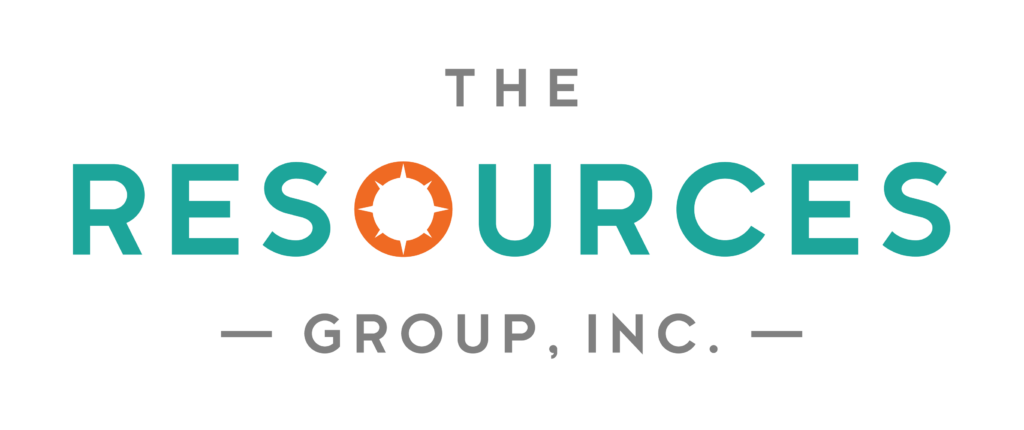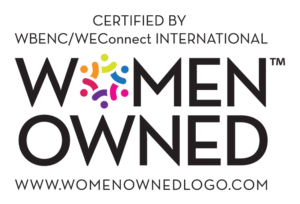
- Coaching, Diversity, Equity & Inclusion, Human Resources
Do you need a mentor, sponsor, or coach?
- The Resources Group, Inc.
It’s a new year, and everyone is back to work and a new slate of work and possibilities for the year are getting kicked off. It’s probably an understatement to say that a lot is going on in January.
Despite the beginning of the year rush, January is Mentorship Month, and what better time to recognize and celebrate mentoring and its positive effect on people’s lives.
Whether juggling work-life integration or working toward a long-term career goal, mentors can have a big impact. They can improve confidence, develop skills, increase access, expose people to new experiences, provide a different perspective, and more. However, when thinking about mentors in your career, how do you know what is right for you? Is a traditional mentor relationship the right approach, or would a sponsor or a coach be more helpful?
Let’s look at the difference between a Mentor, a Sponsor, and a Coach and explore the different ways they can have an impact.
Mentoring
The typical mentor has more experience and a few steps ahead in their career and can offer guidance, advice, or be a sounding board for the mentee. They help you through a challenge or problem. They provide insight from their personal experience, which may or may not be like yours. Mentorship is a two-way street with both mentor and mentee taking responsibility for maintaining the relationship and sharing openly with one another. Mentors also benefit from the relationship as they develop better communication and listening skills, have the opportunity to learn from an experience different from their own and derive a level of self-satisfaction in helping mentees flourish.
Sponsorship
A sponsor usually is a person in a senior-level or influential position within the company who elevates your presence and amplifies your voice in places or ways where you would not otherwise be able. A sponsor is willing to use their credibility and reputation to endorse a sponsee. Like mentorship, sponsorship is also a two-way street. A sponsor relies heavily on a sponsee’s ability to identify and articulate their goals so that they can strategically utilize their influence to advance presence and opportunity for others. An important lever for companies to use in their DEI strategy, sponsorship can help level the playing field by amplifying the voice of those who may not have a direct seat at the table. This is especially important for narrowing the gap for women and other underrepresented groups.
Coaching
Unlike the two-way relationship of mentoring and sponsorship, coaching solely focuses on the person being coached. The coach and the coachee foster a relationship where the coach guides and asks questions so the coachee can explore, reflect, and move to action to develop and address a particular challenge. Coaches ask questions to help reveal answers that the one receiving coaching didn’t know they had. Consider a coach as a sort of locksmith who is trying to unlock the person’s potential. A coaching relationship can provide invaluable insight the coaching client can apply immediately and take away for the rest of their lives.
What’s right for you?
As you can see, there are distinct differences between mentoring, sponsorship, and coaching. In many cases having all three can provide greater insights and perspective. This may be part of a “personal board of directors” strategy, where you have a collection of people you can rely on to help you navigate life and your career. So, a mentor can provide that ongoing feedback, while a sponsor can advocate for you, and a coach can unlock your potential. All have specific roles and provide valuable relationships.
TRG can help!
Whether you’re implementing mentorship programs, incorporating sponsorship into your DEI strategy, or seeking a coach to help you become a better leader or facilitator, TRG can partner with you. Together, we can figure out how to make strides in your career or improve your company’s work culture through relationship building.

